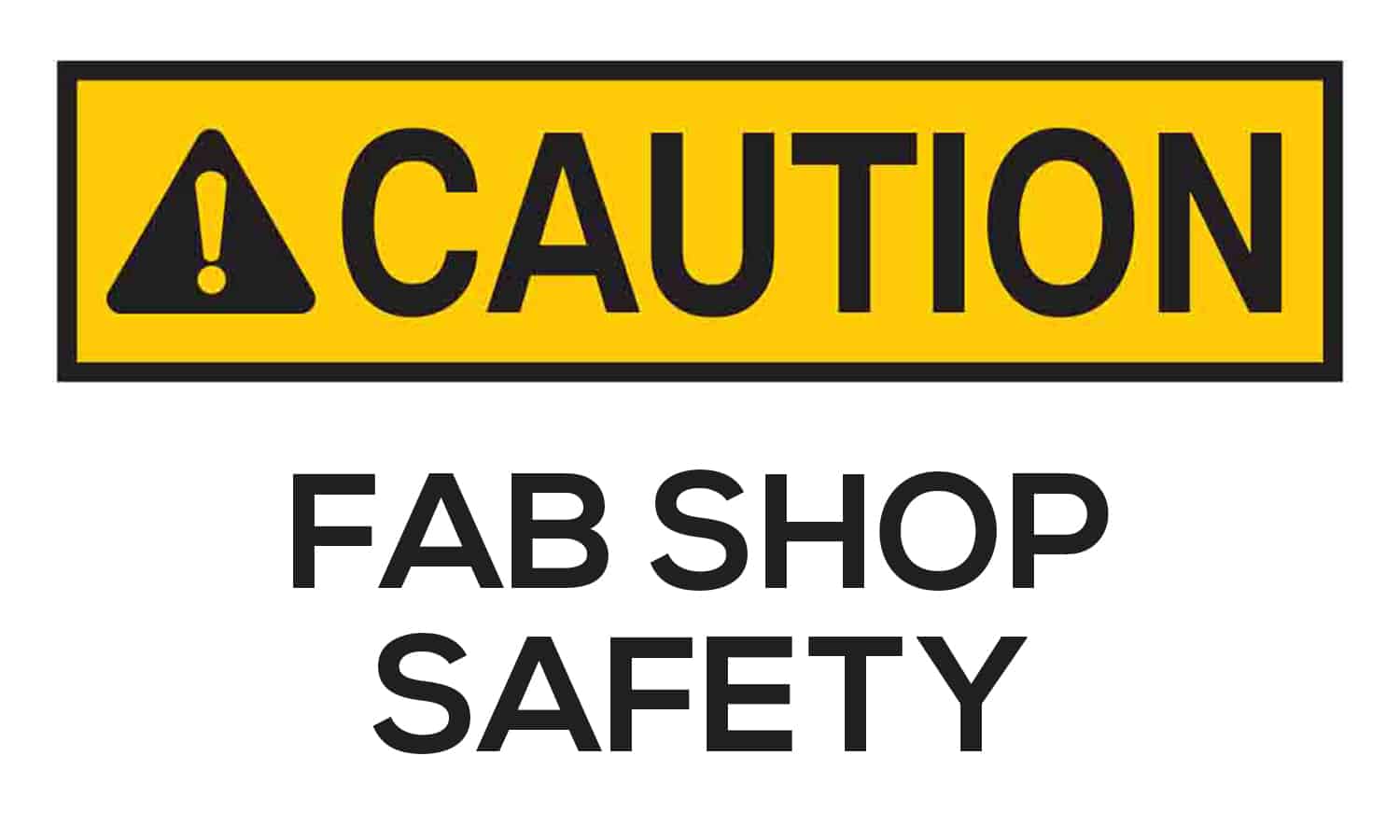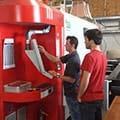Preventable Hazards
Safety programs in a metal fabrication shop usually consist of protecting against commonplace risks when working with heavy equipment and hazardous materials. However, there are various factors that can add unnecessary risks into the workplace on top of the routine difficulties. These, in large part, have to do with impairments with the employees themselves rather than the equipment, and steps can be taken to eliminate, mitigate or adapt to them.
Addiction
Operating a press brake or driving a forklift is challenging enough for a competent worker who statistically will have some sort of accident sooner or later. If the employee is high, intoxicated or even lacking in sleep, though, the likelihood of a mishap escalates exponentially.
Even excluding the safety issues, the costs to a company that employ addicted workers can still be staggering. Healthcare expenses increase, absenteeism and lost productivity rise, and workplace theft becomes more common for employees with a drug habit.
A strong policy on drug abuse in a fabrication company goes a long way in dealing with this problem, especially if the workplace offers a program to help employees overcome addiction. Regular drug testing, including both random tests and testing following incidents, can significantly work towards weeding out irresponsible workers and helping others who are willing and able to commit to change.
Aging Fabricators
The graying of the workforce can introduce a few safety challenges in a fab shop. Hiring or keeping older workers is seen as a positive trait for modern, progressive companies, but realistic expectations and adaptations need to be incorporated as well. Aging workers aren’t as productive as younger ones, not because they lack a work ethic—theirs is usually better—but because their stamina, reaction time and range of motion has diminished over the years.
Still, senior fabricators and other shop workers bring a wealth of real-world experience with them to the workplace, often including techniques or machine knowledge lost to newer generations. Finding ways to let them contribute can be of great benefit to a business, as long as all parties recognize the inherent limitations that need to be worked around.
Overextending Workers
Shops that don’t have enough redundancy built in to cover both scheduled and unscheduled absences run the risk of straining the energy, muscles and concentration of the remaining workforce to dangerous levels. Work-related injuries have been shown to increase during summer months when multiple employees usually take longer, often overlapping vacations, leaving the rest of the staff shorthanded.
If a shop can’t afford to hire more workers—or afford to diminish the number of incoming jobs—then other steps must be taken to keep remaining workers from being overtaxed to the point of carelessness or health threats when staff size is temporarily reduced.
Some possibilities to more affordably handle being short-staffed include:
- Cross-training key personnel on multiple machines or in various functions. This doesn’t just help the company during hardships, it also creates a ready pool of qualified personnel equipped with company knowledge who are able to immediately apply internally for job openings that will eventually arise.
- Adapting shifts so that they cross over during heavy vacation months, allowing more workers to be on the floor and ready to assist during peak hours.
- Requiring employees to schedule their vacations at different times, allowing for exchanges—and exceptions—for important family events, all the while respecting the seniority of longer-term employees to regularly give them first choice of time-off slots.
- Hire temp workers with industry experience to fill in on the tasks that require lower training and responsibility while the regular staff for those positions step up to replace their absent coworkers.
- Have a small pool of substitute workers on call. Just as a school will have a list of substitute teachers who can adequately fill in for regular teachers who are away for a period, likewise it would be a good idea for any fab shop to know skilled individuals in the local area who can temporarily assume some responsibilities when needed. These can include retirees from the company or industry, part-time workers with the correct background who are willing to take a short-term second job from time to time, and independent contractors who enjoy getting a regular, steady paying gig once in a while.
Quality employees are the most crucial assets in any business, so it’s essential to take care of them by making adaptations for the greater good of the entire organization.
Cooperation and Shared Responsibility
Whether it’s a fabricator suffering from an addiction, an aging metalworker who moves more stiffly these days, or a brash young employee willing to take risks in an effort to prove himself, many unnecessary types of safety hazards can be introduced onto the fab shop floor by staff themselves. Most problems can be turned around or worked around, however, by instilling a culture of cooperation and shared responsibility among all members of the organization, high and low alike.
As employees feel buy-in with the company ideals and experience a camaraderie with all coworkers, from management down to the lowest levels, they will be willing to share their limitations and hardships with each other, help each other and work together to improve themselves as individuals, teams and the company as a whole.







